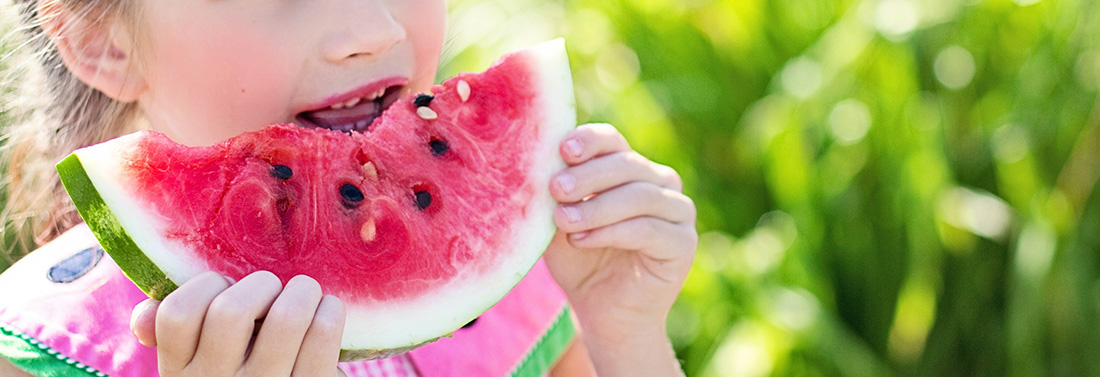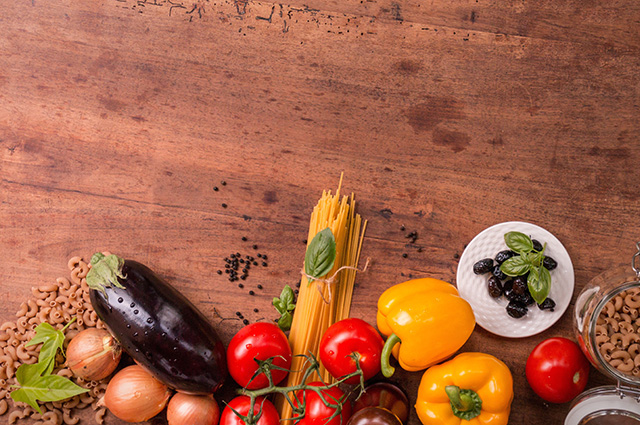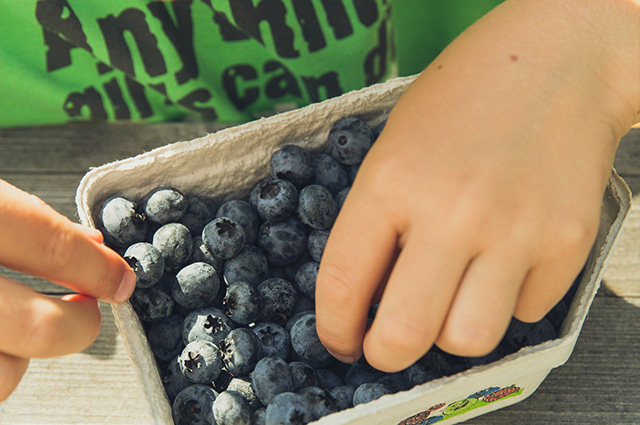Contributing to a Greener World – Raising Your Children as Vegetarians
Vegetarianism, the once upon a time way of life for peace-activist hippies only, has come a long way. The interest in living a meat-free dietary life is growing in popularity with celebrities like Ariana Grande, Daniella Monet, Kristen Bell, Brad Pitt, Jay Z, and Beyoncé leading the vegetarian masses.
Much of the thinking behind vegetarianism (as well as veganism) has changed with many people choosing the lifestyle for both personal health and greater global ethical considerations.
With these sudden changes in your lifestyle, you might get confused as to how you can complement your kid’s diet with the right supplements that he/she need. Here are some of the most reliable tips on how to make this ‘seems so hard’ lifestyle easy.
Make Your Life Effortless with these Five Tips on How to Raise Your Kid as a Vegetarian
While lots of people tend to be unfamiliar with the vegetarian diet and think it is hard living that kind of life, it is vital to know that it is not difficult to raise vegetarian kids. You need to live by these dietary recommendations from the United States Department of Agriculture (USDA) to ensure that your child gets proper nutrition from her meat-free diet. You might also get lucky and learn about some scrumptious and straightforward vegetarian meal ideas that your lovely family will adore. Here are the five tips for raising a vegetarian child:
#01.Pay Attention to Important Nutrients
Make sure that your kid gets her daily nutrition requirements by focusing on these plant-based foods in her diet:
- Proteins- You need to pay particular attention to the much-needed proteins so that your kid does not get kwashiorkor or becomes mentally retarded. With the right amount of proteins in her diet, you will be helping in building, maintaining, and replacing of tissues in her/his body, building her cardiac muscle, and in the production of hemoglobin.
Get the right protein-plant based foods like peas, nuts, beans, tofu and other soy products, milk and eggs.
- Calcium- It is vital for many bodily functions and for building healthy bones and teeth.
Therefore feed your child mustard greens, bok choy, collard greens and other green leafy veggies even though the amount of calcium your child’s body absorbs from these plants can vary and thus making it difficult to gauge if he/she gains enough calcium from them.
Lucky for you though, milk and other dairy products serve as the perfect way to ensure you meet your kid’s calcium needs.
- Iron- It is essential to delivering oxygen to every other cell in the body. You can find it in plant sources like kidney beans, chickpeas, broccoli, and dried fruits, such as raisins.
- Zinc- It assists in cell growth and ensuring that your baby’s immune system functions properly. You can get zinc from white beans, black beans, Brazil nuts, lentils, nut butter, and wheat germ. You should, however, note that but your child’s body can more easily absorb you get it from milk products.
- Vitamin B12- Deficient intakes of Vitamin B12 can cause anaemia and nervous system damage. Reliable vegetarian sources of B12 are animal products, including eggs and dairy. You can also find it in fortified cereals, soy products, and nutritional yeast.
#02.Be Open to Implementing on Some Changes
We’re so focused on staying healthy by exercising (even when you have small children it’s easy to get out for a run with them in a double jogging stroller) and getting outside, but a lot of the work towards becoming a healthy family starts with what you eat. You can turn most meat-based meals vegetarian through making some simple substitutions. Instead of Hawaiian pizza toppings, get vegetable toppings. You can also substitute ground beef with vegetable lasagna and replace steak or chicken with some legumes in your burritos.
#03.Mix Up Some Healthy, Hearty, and Delicious Recipes
If you get stuck in a meat rut, consider mixing up some recipes. There are so many vegetarian recipes that can make even the most critical food critic easy-going. You can try the pistachio dip whose rich savory mixture lands somewhere between sweet dips and spreads. It is like a cheese ball but without cheese.
#04.Watch out for Junk Food
When you decide to go meat-free, it does not mean that you will be automatically leading a healthy life. You need to ensure that instead of meaty snacks you cut up some vegetables, fruit, nuts, and nut butter.
You should also try swapping out high-fat cheeses and dairy for low-fat options for legumes and lentils. Even when your family is not wholly vegetarian, cooking up some meat-free alternatives makes for an excellent healthier diet option. If you prepare snacks in advance it’s a lot easier to stay healthy when you’re popping out for a walk with your toddler – they can munch on a snack while you go for a walk with them in their stroller.
#05.Consider Adding Some Vitamin C in Your Diet
Vitamin C, a mineral you can find in most fruits and vegetables, helps to improve your child’s absorption of iron. So, get her some fruits like oranges, grapefruits, cantaloupe, kiwi, pineapple, strawberries, bell peppers, and cauliflower.
By considering these recommendations, you will help your family lead a healthy, joyful and fulfilling vegetarian life.
About the Author: Sam Evans is the Marketing Manager at MovingBabies, a leading online resource for parents specialising in the areas of infant and childcare. The site offers reviews and buying guides to help their clients make the process of parenthood more accessible. Find them on Facebook and Twitter.






Sorry, the comment form is closed at this time.